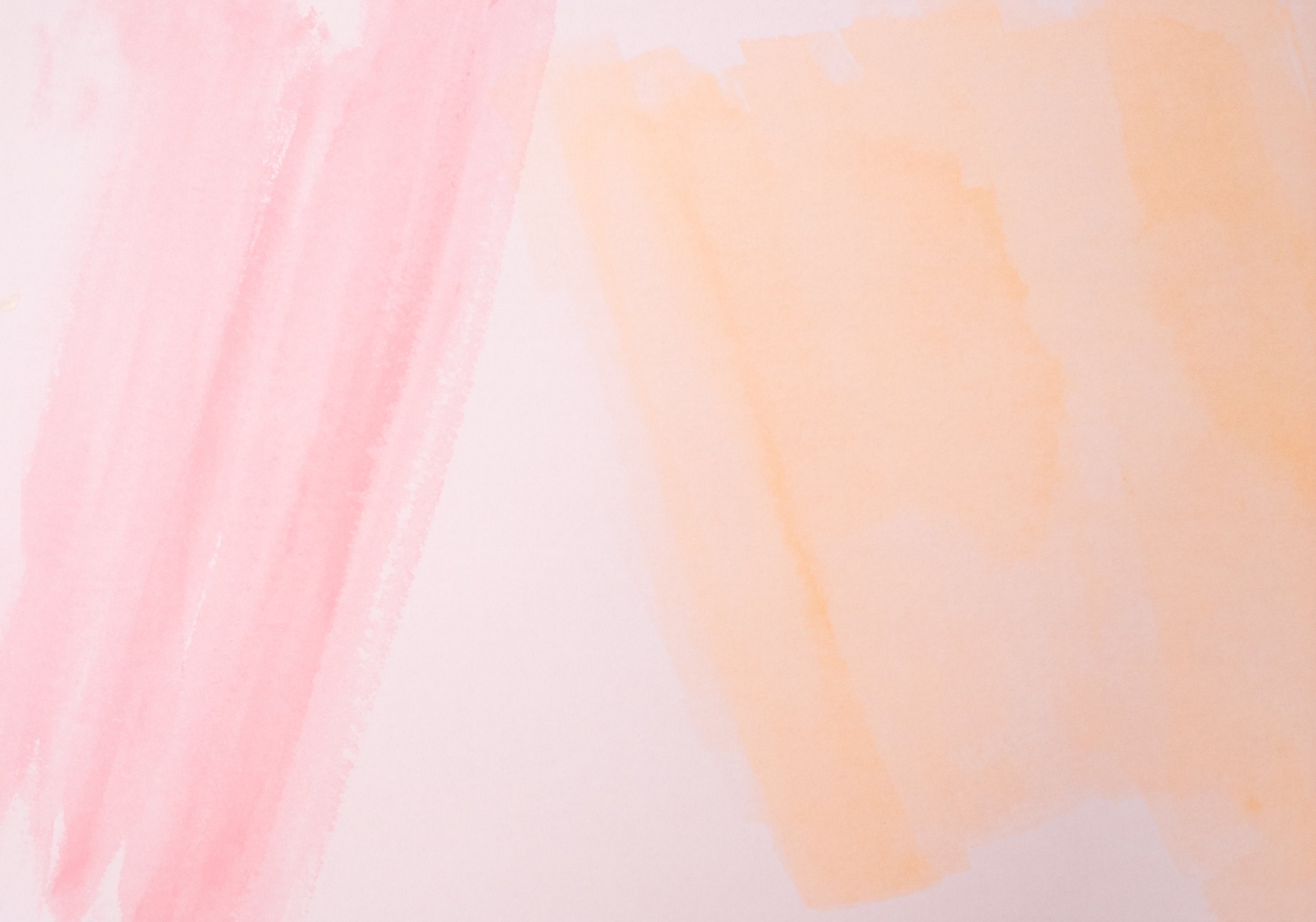
About the European Patent Attorney profession
INTERVIEW
Bora Sieng
Country: Norway
Company size: 100+
Experience: 0-5 years
Type of work: In-house
How did you learn about the Patent Attorney profession and what inspired you to become a (European) Patent Attorney?
I used to work as a researcher in a pharmaceutical company. We wrote a couple of patent applications with the help of a European patent attorney. After 7 years as a researcher, I wanted to leave a lab position but stay close to R&D. The patent world offers just that!
Most people know that Patent Attorneys help clients obtain a patent. However, what other tasks are you responsible for?
Other tasks around patents: Review invention disclosures from R&D, patentability searches, landscape/state-of-the-art searches, due diligence review for investments or M&A.
But also: training R&D and business staff, contract support (non-disclosure agreement, collaboration agreement, licensing)
If you had to split your role into science, law, and business, what is the proportion of each?
40/40/20 (science/law/business)
What does the team structure at your workplace look like?
Our company has 17000 employees worldwide, including about 250 in R&D. The patent team has one manager, 4 patent managers including myself, 1 patent researcher, and 2 administrators. The company is divided in several segments and business units, which all have a designated patent manager assigned to them.
What does your average workday look like?
There is no typical day. It all depends on the different tasks that I am currently assigned and the urgency of these. Most of the time I work alone on my computer. I spend rarely more than 10 hours a week on meetings.
What would a dream workday as a (European) Patent Attorney look like for you?
From 1 to 2 hours of meetings divided in 2 or 3 meetings, and the rest for solo work. Meetings are nice to break up the solo work.
What is the most exciting aspect of being a (European) Patent Attorney for you?
You work with a clear purpose, and you understand why you file these patent applications. You follow the development of R&D projects to products in the market that are protected with your work.
What are your least favourite tasks?
Patent prosecution can be a bit demoralizing when the examiner does not understand your application or misinterpret the prior art.
Does your job allow you to have time for your hobbies? Do you have any side projects related to patents?
Norway has a very good life-work balance in general, plus working in-house has also some advantages I would imagine. Emergency situations requiring a lot of overtime or working during weekends are very rare.
If you could start your career over, would you change anything?
No, I think my R&D experience has been very useful to transition to the patent profession. Also, I was extremely well supported by my team when I started this position with very little patent knowledge.
If the Patent Attorney profession suddenly disappeared tomorrow, what else would you do?
Probably go back to a researcher position. Having the experience as a patent manager would certainly be valuable to increase the IP awareness in most companies.
What advice would you give someone that wants to become a European Patent Attorney?
Starting to work with patents and to train for the EQE can be overwhelming. For me, an important criteria before accepting a new position in that field is to make sure that your future employer has a solid training plan for you. It can be an internal tutoring system, participation to courses, study time during working hours.
What do you think about the future outlook of our profession?
Yes, I am sure it will change, but I don’t know to what degree. AI offers a lot of promises, but at the same time, patent work, especially drafting, requires a lot of precision that AI cannot provide today. For agreements, AI will probably able to draft templates, but each case is different and will require a human eye.

